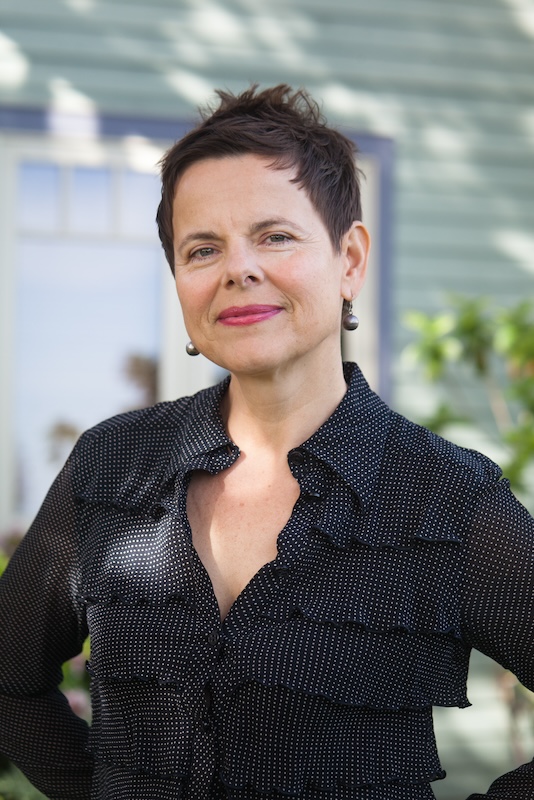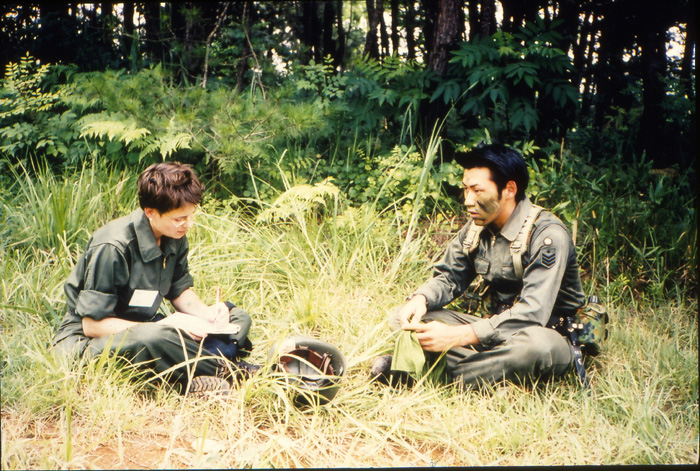
The University of California, Santa Barbara has announced the appointment of Dr. Sabine Frühstück, Distinguished Professor and Koichi Takashima Chair in Japanese Cultural Studies, as the new Director of the East Asia Center (EAC). A highly respected scholar and co-editor of the flagship Journal of Japanese Studies, Dr. Frühstück's leadership signals a strategic effort to enhance the Center's role as a major hub for international and interdisciplinary research.
Dr. Frühstück’s path to East Asian Studies began with a youthful spirit of adventure. Growing up in southern Austria, she sought out Japan for its remoteness to Europe. After rigorous language training, she established herself as a leading scholar of modern Japan, specializing in critical analyses of childhood, gender, the body, and the military between the mid-nineteenth century and today. Her current research delves into the fascinating history of artificial body parts for Japanese soldiers, which were initially produced by doll makers and puppeteers.

Dr. Frühstück interviews a Japanese soldier for her book Uneasy Warriors: Gender, Memory and Popular Culture in the Japanese Army. Berkeley: University of California Press, 2007.
Joining the UCSB faculty in 1999, Dr. Frühstück is determined to leverage the EAC's potential for intellectual production. Housed within the Area Global Initiative (AGI), the EAC promotes interdisciplinary research across departmental and divisional boundaries. Dr. Frühstück views the Center as a critical, active platform that extends beyond its traditional programming role.
"What do you need the center for anyway?" she asks, before offering a powerful answer: "You can get people together who wouldn't normally come together. You can produce publications with center support. You can apply for outside funding as Center director to facilitate collaborative research."
Besides supporting faculty and students in conducting focused, impactful research, Dr. Frühstück aims to strategically bridge academic divides, particularly between East Asian Studies and Asian American Studies, fields historically separated by geography. She believes that such collaboration is essential to addressing contemporary global issues, arguing that scholars from both sides of the Pacific share many overlapping interests. “People here and there do so much similar or complementary work,” she said. “It can only be good to bring us together.”